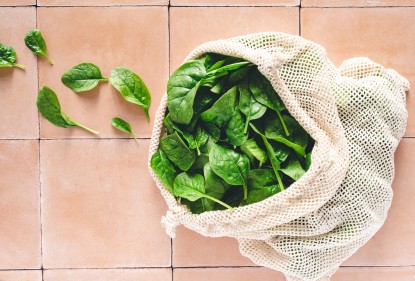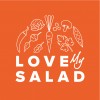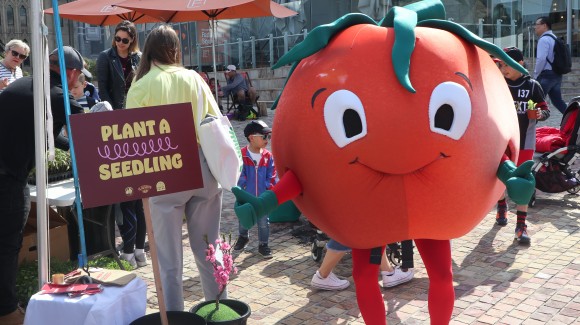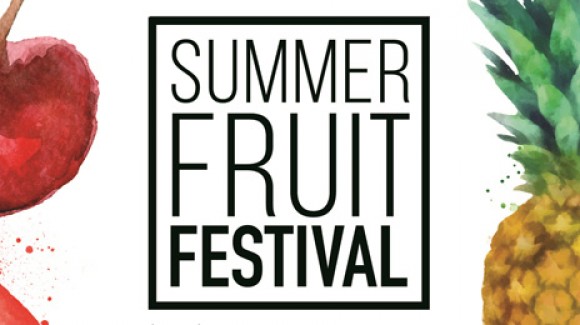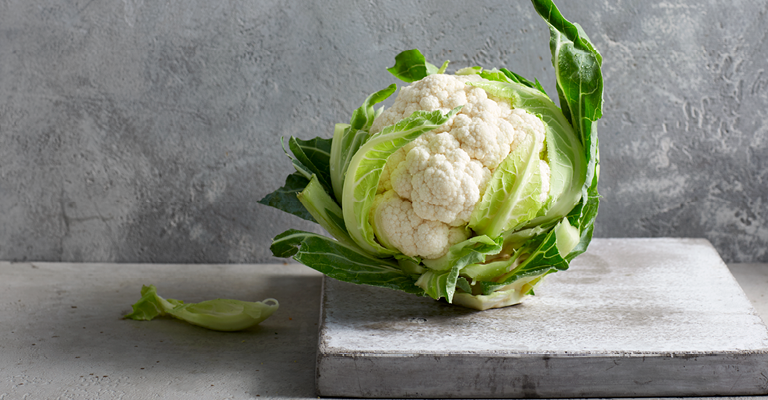
News and Events
Facts about vegetables, true or false?
In a world filled with conflicting information about nutrition and health, it can be challenging to discern what’s true and what’s not. Are frozen vegetables really less nutritious than fresh ones? Do your favourite vegetables lose nutrients when cooked? And what about the alleged superpower of spinach?
Fact or Myth: Frozen vegetables are less nutritious than fresh vegetables
Myth:
Frozen vegetables are not less healthy than fresh ones. Research shows that frozen vegetables often contain the same, or even higher, levels of vitamins and minerals compared to their fresh counterparts. This is because they are flash-frozen right after harvest, which helps preserve their nutrients. Fresh vegetables, on the other hand, can lose nutrients during transport and storage. Additionally, frozen vegetables have other benefits: they have a longer shelf life, are often more affordable, and are available year-round. Plus, they usually come pre-washed and pre-cut, saving you time in the kitchen and reducing food waste.
Fact or Myth: Vegetables lose their nutrients when boiled in water
Fact:
Yes, it's true. Vegetables, especially those rich in water-soluble vitamins like vitamin C and B vitamins, lose some of their nutrients when boiled. To minimize nutrient loss, it's a good idea to vary your cooking methods, such as steaming, stir-frying, or roasting. When boiling, do so briefly in already boiling water, use as little water as possible, and keep a lid on the pan. Cutting vegetables into larger pieces can also help reduce nutrient loss by minimizing the surface area exposed to water.
Fact or Myth: Spinach is extremely high in iron
Myth:
The belief that spinach is exceptionally high in iron is a persistent myth. This misconception began in the 1890s due to an error in reporting the iron content of spinach. Although this mistake was later corrected, the myth persisted, partly due to the popularity of Popeye, the cartoon character who gains superpowers from eating spinach. The creator of Popeye actually chose spinach for its high vitamin A content, not iron. Spinach contains about 2 mg of iron per 100 grams of raw spinach, which is not exceptionally high. Other plant-based sources like lentils and beans contain more iron. Additionally, spinach contains non-heme iron, which is less readily absorbed by the body compared to heme iron from animal products. While spinach isn’t the miraculous iron source many believe, it’s still a super healthy choice. Enjoy it in salads, savory pies, spinach pesto pasta, scrambled eggs with spinach, spinach lasagna, or wraps with hummus and spinach.
Fact or Myth: A vegetable smoothie is healthy
It Depends:
A vegetable smoothie can be a healthy choice, but it’s not the best way to increase your vegetable intake. Research shows that whole vegetables are more filling than pureed ones, with vegetable juices being the least filling. When you blend vegetables, the fibers are broken down, which alters the fiber matrix. It’s unclear whether this provides the same health benefits as eating intact fibers. So, it’s better to eat whole vegetables. However, a vegetable smoothie can be a good idea as a supplement to your current vegetable intake rather than a replacement. It can also be a healthier alternative to unhealthy snacks. Avoid adding fruit (juice) or sugar, and for a longer-lasting feeling of fullness, make the smoothie thick, eat it with a spoon, and add nuts, seeds, or yogurt.
Fact or Myth: You can eat too many vegetables
It Depends:
More of something good isn’t always better. In the Netherlands, the Nutrition Center recommends eating at least 250 grams of vegetables daily. This guideline is based on the Dietary Guidelines from the Health Council. Studies show that more vegetables are associated with lower risks of chronic diseases. So, for your health, you could eat more than 250 grams daily. For many people in the Netherlands, this would be challenging since we eat about 163 grams per day on average. But can you theoretically eat too many vegetables? Yes, but whether your vegetable intake is excessive depends on your overall diet. The advice to "eat in moderation" and "vary your diet" is frequently emphasized by dietitians and nutritionists. If you eat so many vegetables that there’s no room left for other food groups like whole grains, fruits, legumes, and nuts, this could lead to an unbalanced diet and insufficient intake of other important nutrients, such as vitamins, minerals, and proteins. Additionally, a diet mainly consisting of vegetables provides little energy.
References
- Aune, D. Fruit and vegetable intake and the risk of cardiovascular disease, total cancer and all-cause mortality-a systematic review and dose-response meta-analysis of prospective studies. International Journal of Epidemiology. 2017;46(3):1029-1056.
- Bouzari, A. Vitamin retention in eight fruits and vegetables: A comparison of refrigerated and frozen storage. Journal of Agricultural and Food Chemistry. 2015;63(3):957-964.
- Bouzari, A. Mineral, fiber, and total phenolic retention in eight fruits and vegetables: A comparison of refrigerated and frozen storage. Journal of Agricultural and Food Chemistry. 2015;63(3):956-962.
- EFSA Panel on Dietetic Products Nutrition and Allergies. Scientific Opinion on establishing Food-Based Dietary Guidelines. EFSA Journal. 2010;8(3):1462.
- Health Council of the Netherlands. Dutch Dietary Guidelines 2015. The Hague: Health Council of the Netherlands; 2015.
- Health Council of the Netherlands. Vegetables and fruit - Background document to the Dutch Dietary Guidelines 2015. The Hague: Health Council of the Netherlands; 2015.
- González-Hidalgo, I. Effect of industrial freezing on the physical and nutritional quality traits in broccoli. Food Science and Technology International. 2018;25(1):121-130.
- Mazzeo, T. Impact of the industrial freezing process on selected vegetables — part II. Colour and bioactive compounds. Food Research International. 2015 Sep;75:89-97.
- Moorhead, S. A. The effects of the fibre content and physical structure of carrots on satiety and subsequent intakes when eaten as part of a mixed meal. British Journal of Nutrition. 2006;96(3):587-595.
- National Institute for Public Health and the Environment (RIVM). Dutch National Food Consumption Survey 2019-2021. What does the Netherlands eat? 2023; 1:1-100.
- National Institute for Public Health and the Environment (RIVM). Dutch Food Composition Database (NEVO). Retrieved May 30, 2024. Available from: https://nevo-online.rivm.nl/Home/
- Sutton, M. Spinach, Iron, and Popeye: Ironic Lessons from Biochemistry and History on the Importance of Healthy Eating, Healthy Scepticism and Adequate Citation. 2010. Accessed May 30, 2024. Available from: https://www5.in.tum.de/~huckle/Sutton_Spinach_Iron_and_Popeye_March_2010.pdf
- Netherlands Nutrition Centre. Home cooking: about nutrients, safety, and sustainability. Accessed May 30, 2024. Available from: https://www.voedingscentrum.nl/factsheet-thuis-koken
